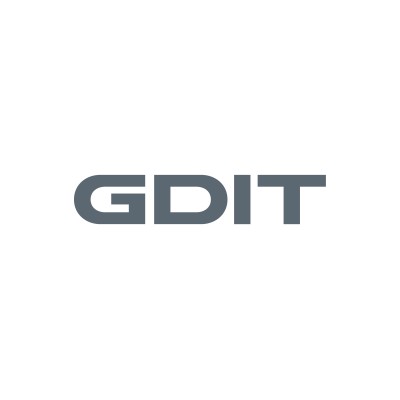Salary
💰 $85,870 - $110,900 per year
Tech Stack
AnsibleAWSAzureChefCloudDockerKubernetesPuppetSaltStackTerraform
About the role
- Coordinates the complete code delivery process, including which tools and methodologies will be utilized, within an Agile team environment to implement and support technical solutions across a full stack of development tools and technologies.
- Maintains the build and development for applications across the organization's enterprise hybrid cloud environment.
- Performs root cause analysis for production errors.
- Facilitates product rollouts, fixes, and updates as needed.
- Manages workflows, pipelines, and supporting processes in order to improve efficiency.
- Facilitates product releases (branching, versioning, tagging, event hooks).
Requirements
- EDUCATION: Bachelor's degree in Computer Science, Information Technology, or related field strongly preferred. A combination of equivalent technical certifications and experience may be considered in lieu of degree.
- CERTIFICATIONS: One or more a plus: AWS Certified DevOps Engineer, Microsoft Azure Developer Associate, Microsoft DevOps Engineer Expert, Docker Certified Associated, Certified Kubernetes Administrator.
- Minimum of three (3) years of a mix of Development and DevOps experience with Cloud Service Providers (Azure preferred), Continual Integration/Continual Delivery (CI/CD), logging and monitoring tools.
- Experience with technologies used to deliver and manage infrastructure environments.
- Experience using IaC tools (e.g., Terraform) and automation tools (e.g., Chef, Puppet, Ansible, Saltstack).
- Prior container experience with Docker and Kubernetes or other container orchestration platform.
- Experience with scripting languages.
- Foundational understanding of cloud technologies (e.g., Azure or AWS).
- Ability to document and convey technical information and provide technical guidance to stakeholders regarding operations, system performance, workflow analysis, inventory, and file management.
- Familiarity with basic monitoring tools and troubleshooting best practices.






